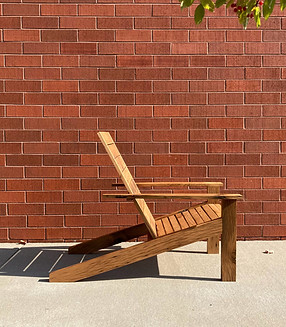04 7000
Adhered Masonry & Tile
What we offer
Adhered masonry, also known as adhered veneer, is a construction technique that involves attaching thin masonry units, such as stone veneers, ceramic tiles, or thin bricks, to a substrate using an adhesive. This method offers a range of benefits and is widely favored for its versatility, aesthetic appeal, and sustainable attributes.
One of the key advantages of adhered masonry is its lightweight nature, which allows for the application of masonry cladding to a variety of substrates, including wood, metal, or concrete. This flexibility opens up numerous design possibilities and enables the incorporation of masonry cladding in both new construction and renovation projects. As a result, adhered masonry provides architects and builders with greater design freedom and the ability to achieve a desired aesthetic while accommodating different structural and spatial requirements.
In addition to its versatility, adhered masonry offers the benefit of reduced construction costs and installation time. The lightweight nature of the masonry veneers simplifies handling and transportation, leading to lower labor and material expenses compared to traditional full-bed masonry construction. Furthermore, the use of adhesives, rather than mortar, streamlines the installation process, allowing for quicker and more efficient construction without the need for elaborate support systems.
The use of adhered masonry also contributes to sustainable building practices. The lightweight nature of masonry veneers reduces the overall structural load on the building, leading to potential material savings in the primary structure. Additionally, adhered masonry can contribute to energy efficiency and thermal performance when paired with appropriate insulation materials, helping to improve the overall building envelope and reduce energy consumption.




